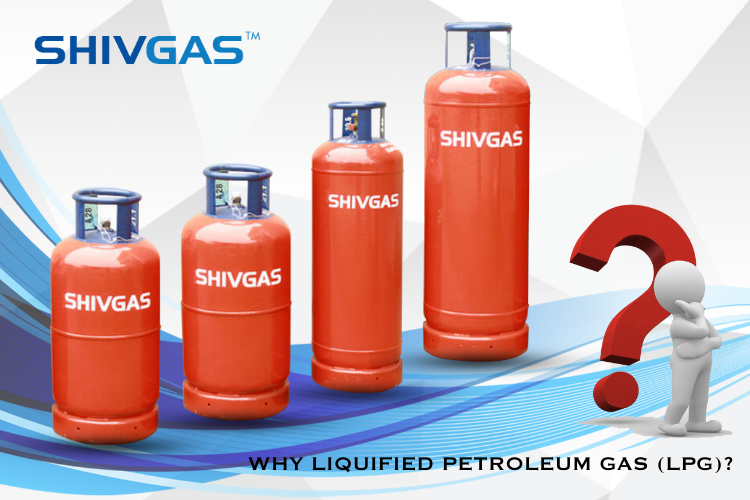
Will it be a shocker if we told you that the fuel that powers household kitchens is now likely to power large water vessels? Well, that’s the possible future. Liquified Petroleum Gas or LPG is emerging as the best alternative fuel for several industries including marine.
But why do we need an alternative fuel for the marine industry? It is because of the increasing pollution levels and an effort to combat it. Owing to the strategy adopted by the International Maritime Organisation (IMO), the overall emissions from international shipping must be cut by 50% in 2050.
Hence, decarbonisation is one of the best methods. Decarbonisation is a process that reduces or eliminates carbon emissions from human activities. It is critical in order to address climate change, as carbon emissions are the primary driver of global warming. In this blog, let’s explore whether LPG is the fuel for the marine industry in the future years.
Liquefied petroleum gas (LPG) is a fuel that is mostly used for heating, cooking, and transportation. In recent years, there has been a growing acceptance of LPG as a marine fuel due to the number of benefits it offers.

Existing fuels used to power marine vessels are infamous for the number of harmful emissions. To bring down emissions, the idea of using LPG as a substitute emerged. LPG emits fewer harmful pollutants compared to traditional marine fuels such as heavy fuel oil (HFO).
LPG also emits negligible levels of sulfur oxides (SOx) and particulate matter (PM) (known to have adverse effects on human health and the environment). Besides, LPG produces 18% fewer greenhouse gases than heavy fuel oil (HFO) when used in marine engines. This makes LPG a fantastic option for shipping companies that are looking to reduce their carbon footprint.
Marine vessels such as pleasure boats and cruises need fuel for purposes other than propulsion. Traditional fuels that power propulsion could not be used for cooking fuel or heating purposes. However, with LPG, it is different!
Lauded for its versatility, LPG can be used in various applications, including propulsion, heating, and cooking in marine vessels. It is a flexible and convenient fuel that can be easily transported and stored in tanks.
Businesses have to look for fuel options that not only minimize the carbon content but also are cost-efficient. When compared to other fuel sources, Liquified Petroleum Gas (LPG) is a much cheaper source of power. That’s not all! LPG also has a higher energy content than other fuels. This means that less fuel is needed to achieve the same level of energy output — making industrial LPG highly reliable and efficient in nature.
When it comes to the safety of marine vessels, LPG offers the maximum peace of mind. The fuel is available in pressurised tanks and is a safe and reliable source when appropriately handled. Plus, it has a higher ignition temperature than gasoline and diesel, which reduces the risk of accidental fires or explosions.
You May Like: Why SHIVGAS Is Considered The Best Gas Company In Eastern India?
To meet the regulations by the IMO, the shipping industry is considering more investments on LPG fuelled vehicles. Besides, there are bunkering facilities already available that can fuel ships. Besides, the facility of ship-to-ship bunkering is also available, which makes refueling much easier.
Furthermore, there are several models of ships in testing which include a full-sized 2-stroke marine engine fuelled by LPG. Additionally, several companies are slowly committing to retrofitting with pioneering LPG-propulsion technology, in order to enable LPG-led transportation.
As the world shifts towards a more sustainable future, the adoption of Liquified Petroleum Gas as a marine fuel is likely to increase, providing a cleaner and greener alternative to traditional marine fuels. While there are some challenges and limitations to the full-fledged adoption of LPG—with the right investments and policies, LPG can undoubtedly play a significant role in the future of the marine industry, making it more sustainable, efficient, and environmentally friendly.
Comment (0)